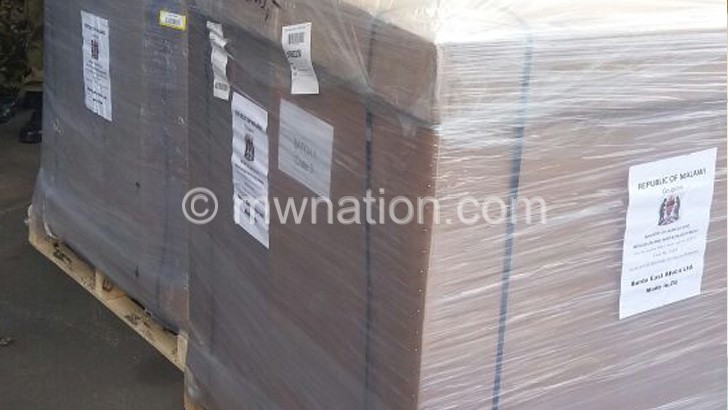Safety nets financing not sustainable—WB
Given the country’s dependence on development partner support, the World Bank says the financing of safety nets at current levels is not sustainable.
The banks’ country economist Priscilla Kandoole observed in the June 2019 Malawi Economic Monitor that government currently finances only six percent of all Malawi’s safety net spending, which is being overshadowed by expenditure on regressive and less effective programmes.

She said from 2011 to 2016, close to 2.6 percent of gross domestic product (GDP) was spent on the Malawi Vulnerability Assessment Committee (Mvac), 2.2 percent on the Farm Input Subsidy Programme (Fisp) and only 0.6 percent was spent on social safety net programmes.
Kondoole said consequently, only 25 percent of the population has access to these programmes compared to the 33 percent that receive benefits from Mvac and to 37 percent from Fisp.
“The average expenditure on safety net programmes from 2011 to 2016 was 0.6 percent of GDP, considerably lower than the 1.2 percent average for sub-Saharan Africa. Malawi also has the fiscal space to devise a sustainable financing strategy to ensure the effectiveness of its safety net programme into the future. There are several options by which a more sustainable financing strategy could be established in the sector.
“Firstly, there is scope to reallocate resources away from less effective poverty reduction initiatives, particularly the Fisp. Secondly, there is scope to redirect humanitarian financing towards safety net initiatives. Thirdly, contingency or reserve financing mechanisms could be explored to ensure that the safety net systems are more resilient and sensitive to shocks,” she said.
She observed that while Fisp does result in increased yields, the proportion of total expenditure allocated for the programme reduces space for investment in other more resilient options.
Analysis by the International Food Policy Research Institute (Ifpri) shows that the coverage of most social safety nets increased between 2010/11 and 2016/17 from responses to bad harvests in 2015 and 2016, while that of the Fisp–by far the largest input subsidy programme in Malawi–declined.
Given the wide reach of Fisp in 2010/11, these trends led to an overall decrease in the percentage of households benefiting from at least one SSN or input subsidy programme from 54 percent to 45 percent between 2010/11 and 2015/16. However, coverage of social safety nets programmes themselves (excluding Fisp) increased from 17 to 36 percent of households.
Agricultural expert Tamani Nkhono-Mvula said on Monday that while continuing with a subsidy for the poor smallholder farmer is a moral responsibility, continuing with the Fisp in its current form may be a thing he may not advise the government to do.
He emphasised the need for the programme to be reformed, observing that it is not benefiting the poor nor is it economical.
In his State of the Nation Address (Sona) during the state opening of the first meeting of the 48th session of Parliament and the 2019/2020 budget meeting in Lilongwe on Friday , President Peter Mutharika, while acknowledging challenges affecting the programme and calls to have the programme stopped, said Fisp will not stop. n





